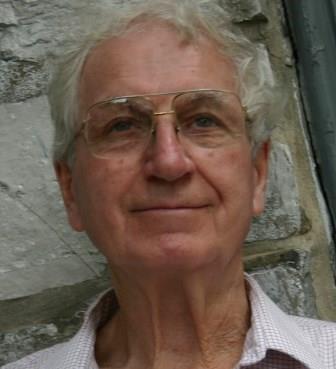Former New York prison worker Joyce Mitchell will have to pay authorities more than $80,000 for her part in helping two convicted murderers escape.
At a court hearing Friday, Clinton County prosecutor Nicholas Evanovich called the payment — $79,841 restitution plus a 10% surcharge — the maximum amount allowed under the law. Mitchell’s attorney, Stephen Johnston, consented to the restitution and said his client would withdraw a related appeal.
“This now brings to an end a difficult time for our community,” Clinton County Judge Kevin Ryan said at the close of the brief court hearing. “And I am pleased that an agreement was reached relative to restitution.”
On June 6, other prison workers discovered that inmates Richard Matt and David Sweat had broken out of the upstate New York’s Clinton Correctional Facility. Their escape spurred a massive, three-week long manhunt that culminated when police shot and killed Matt, then recaptured Sweat two days later.
Mitchell agreed to a plea bargain in July and then was sentenced to up to seven years behind bars for first-degree promotion of prison contraband, a felony, and a concurrent year for fourth-degree criminal facilitation, a misdemeanor.
During the sentencing in September, the judge said New York state had incurred $23 million in overtime costs related to the manhunt, and “no doubt millions of dollars more.”
Mitchell was ordered then to pay $6,375 in fines, court fees and surcharges. Prosecutors had pushed originally for more than $119,000 in restitution.
The final restitution figure falls short of that, not to mention far short of all of costs of the entire ordeal. As is, it covers the cost of fixing the holes Matt and Sweat cut in their cell, bricks broken and removed during their escape, and cuts to a large steam pipe that led the escapees onto the street, the Clinton County District Attorney’s office said in a press release.
“We were able to come to that after tireless review,” Evanovich said Friday of the restitution amount. “It’s the maximum allowable under the penal law for this criminal case.”



